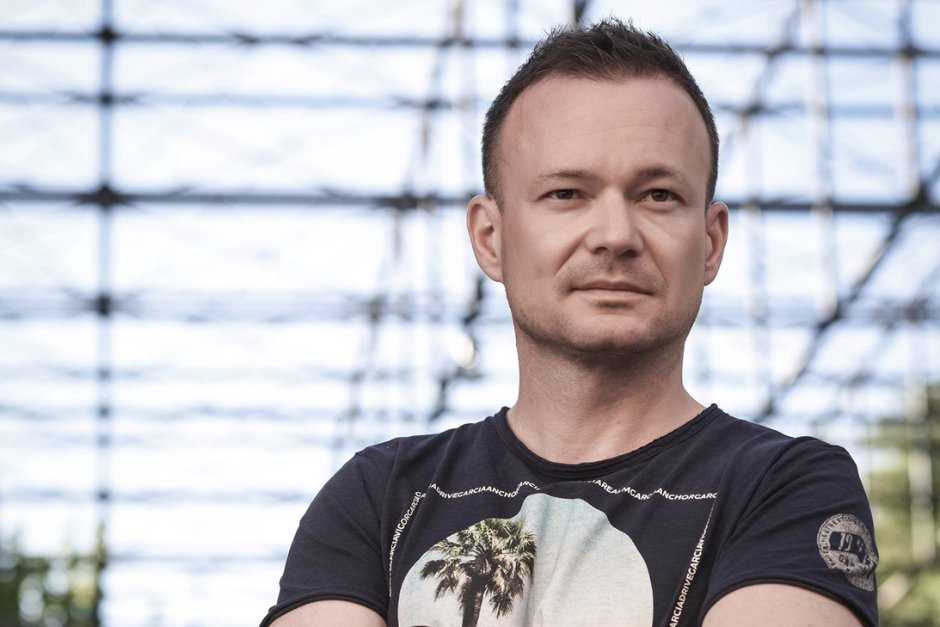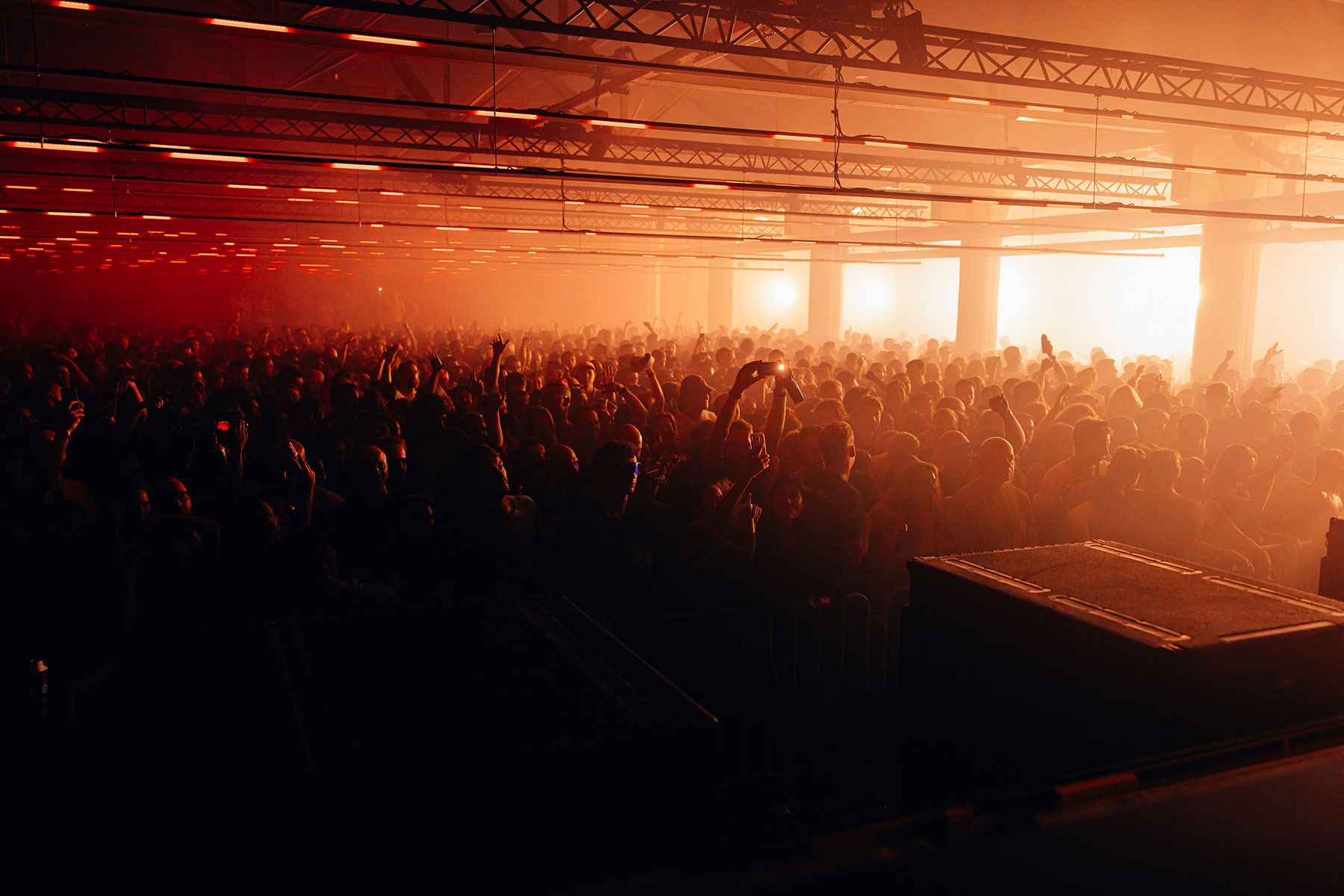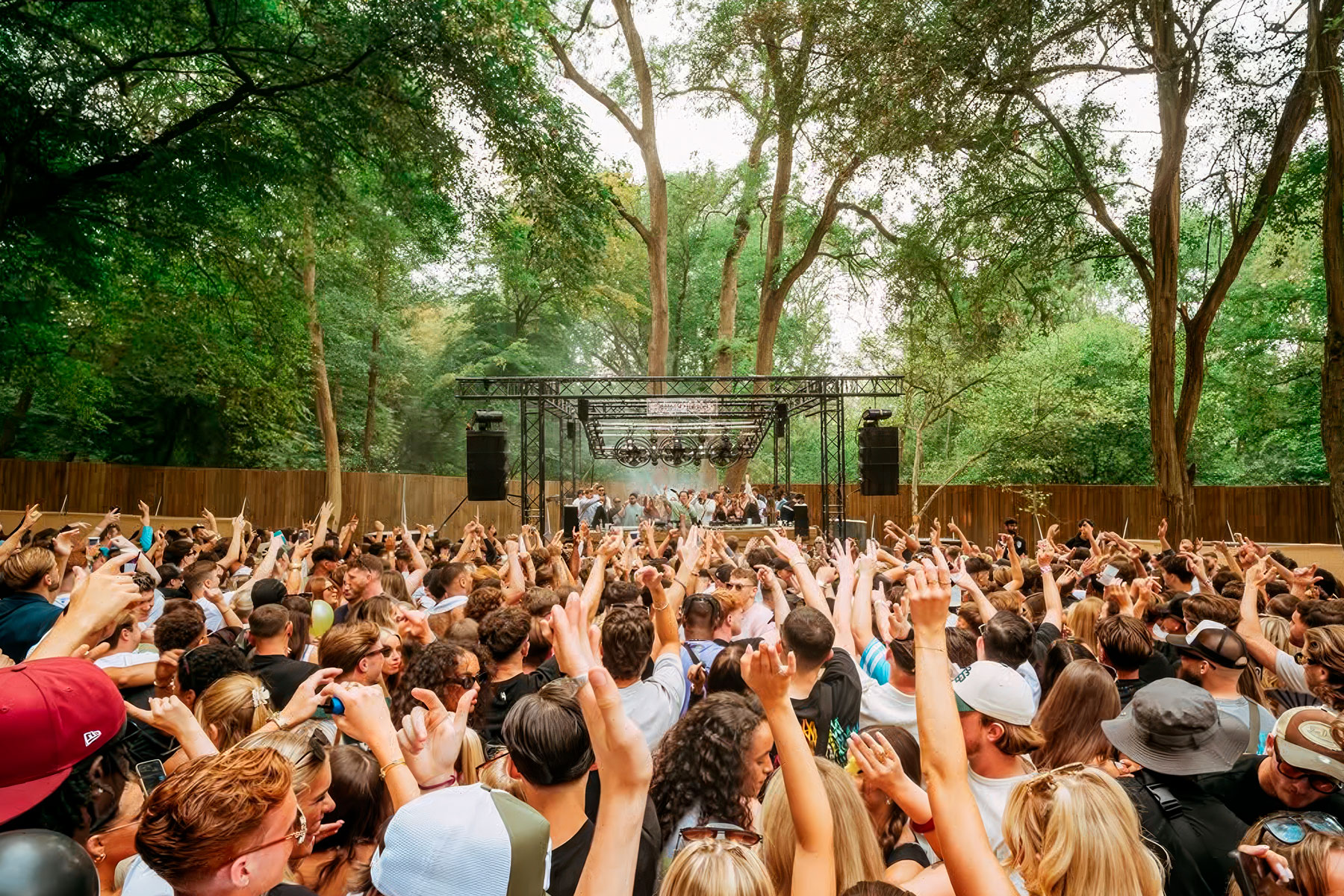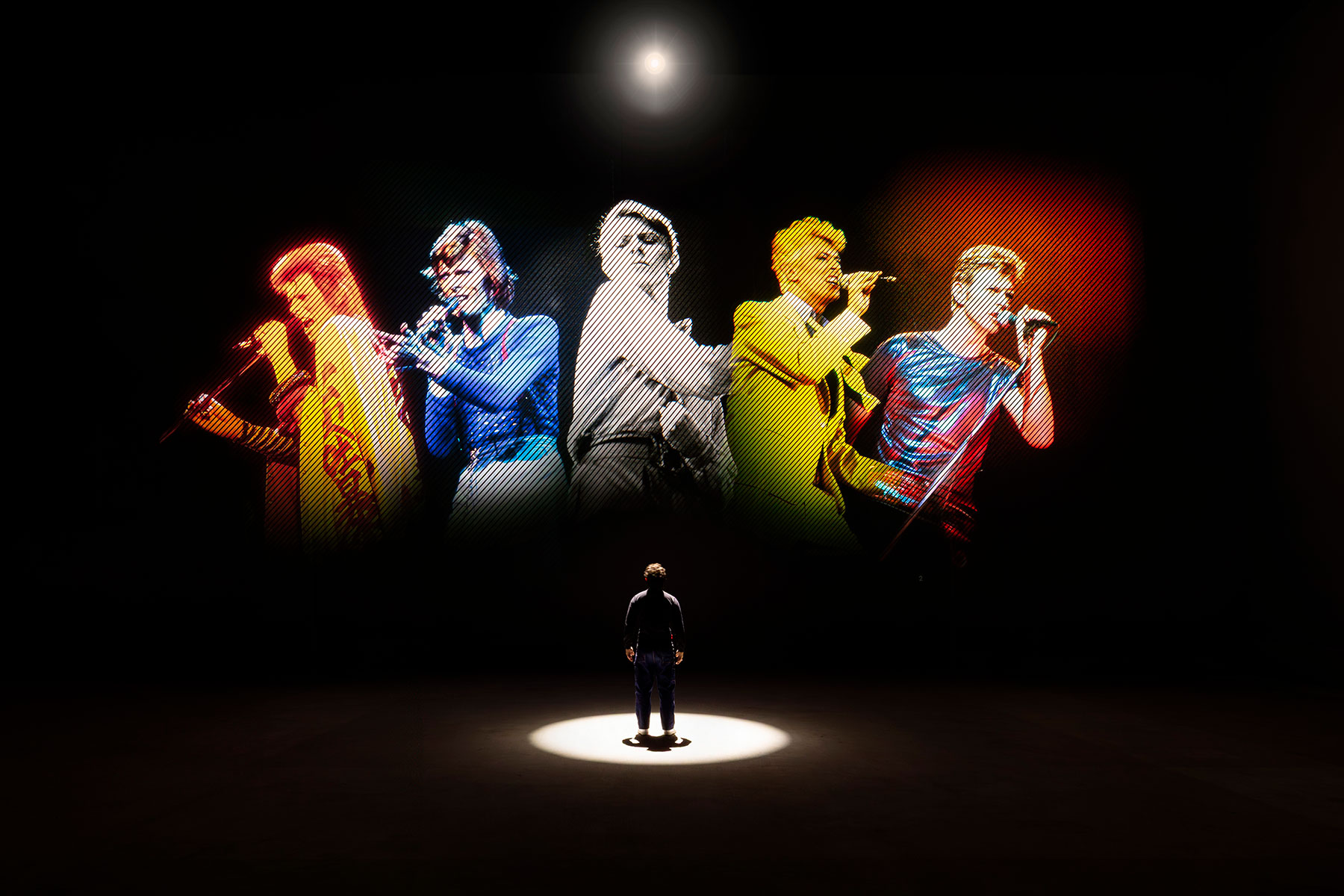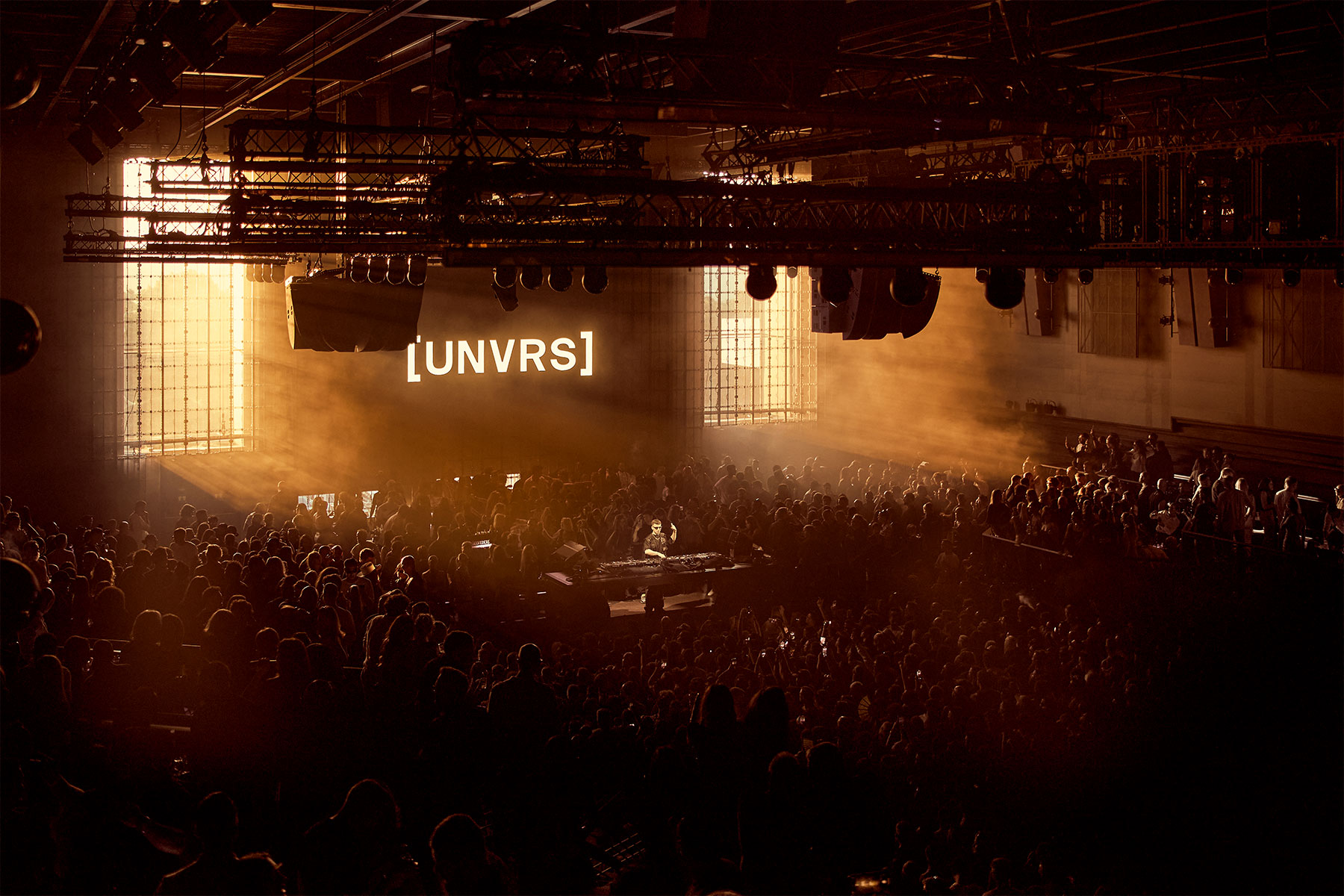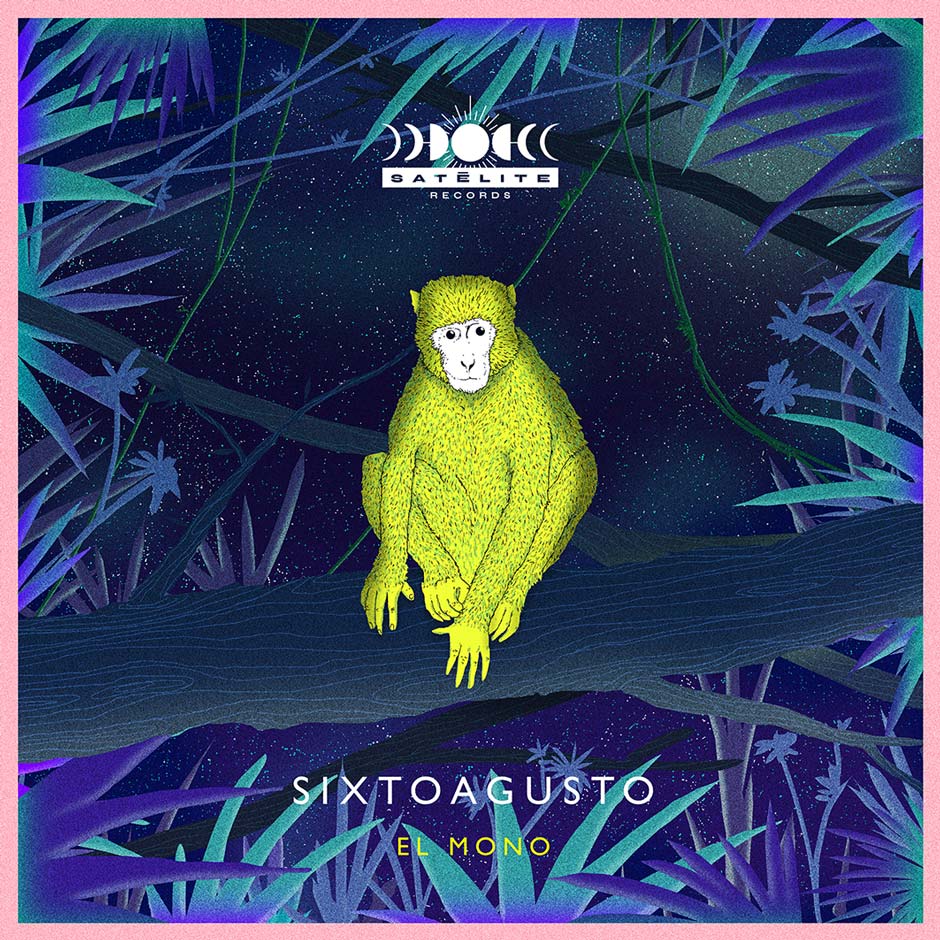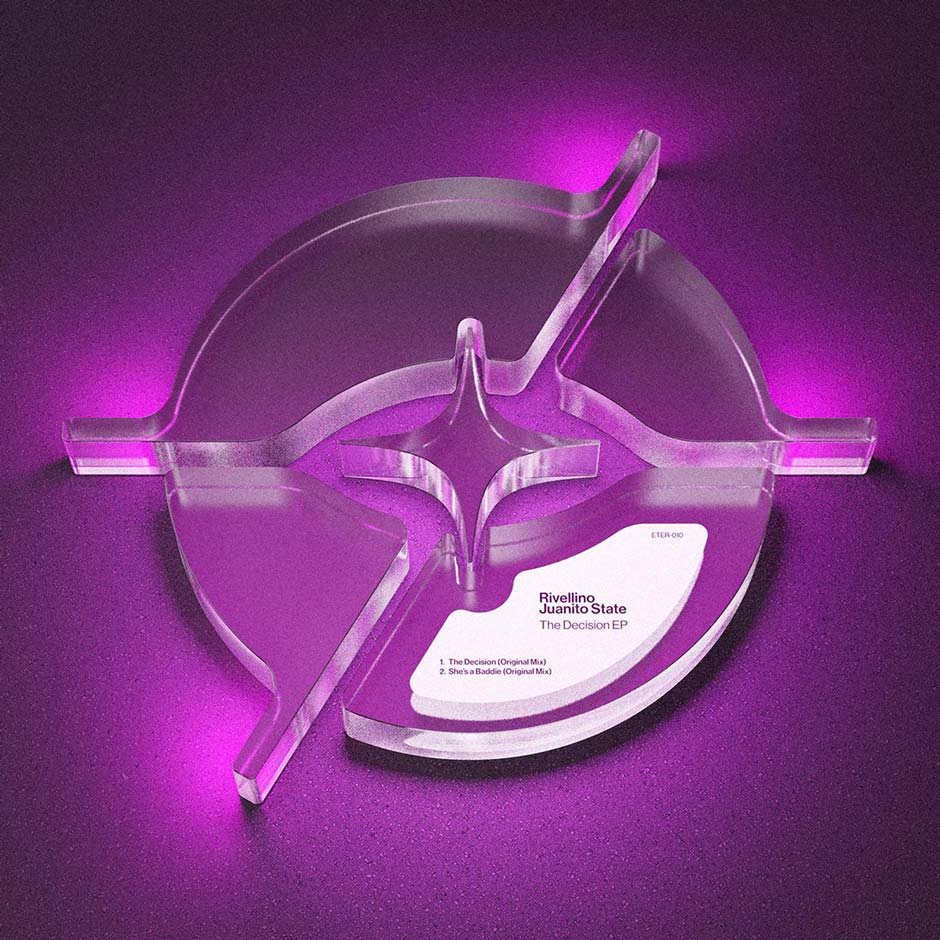Hungarian-born DJ and producer with international experience, selector and record collector. Grown up in the “rave”-era of the 90’s he had his first encounter with electronic music discovering early techno, house, and trance productions from Danny Tenaglia, John Digweed, Sasha, Danny Howells, and others.
His collection of carefully selected tunes makes a Daesmith set unique and distinguishable. Harmonic, elegant, and selfless mixing style results in smooth transitions ensuring constant dynamism during his sessions. His music is characteristic for pounding techy drums and beats, finely crafted deep structures, rich in detail sounds combined with trippy tribal elements, and continuous presence of chords, synths, and melodies. Forward-thinking house with a touch of techno’s subtle extravagance.
His first releases as a producer have been signed to Deeplomatic Recordings ‘Rock Gardens’ and Debuger Records ‘Pole Mokotowskie’ out in late 2020, with more releases signed for 2021.
Today Daesmith talks about his new EP ‘Chatzensee’, musical inspirations, and how he defines his sound.
Electronic Groove: Hi there Daesmith, how are you doing? We’re glad to have you here. Tell us, where are you based? How is the whole pandemic situation over there?
Daesmith: Hello, dear EG-crew. Thank you for having me on your roster for the second time. I was born in Hungary, but since the beginning of 2019 I am based in Zurich, Switzerland. The situation regarding the club scene is the same as elsewhere. Clubs and restaurants are closed, illegal parties are subject to police raids. I was still lucky enough to be invited to some small birthday parties with a few participants. Any size of audience is better than nothing in these hard times. No live stream can imitate the pleasure of playing for people in front of you.
Electronic Groove: So, let’s dive into your origins…What were your first contacts with electronic music like? Have you received any formal music or production studies?
Daesmith: I discovered electronic dance music when I was a teenager by listening to mixes of DJs like Tony De Vit, Carl Cox, Sven Vath, John Digweed, Sasha, Nick Warren, among others, and of course Hungarian DJs. There was no internet, no download back then, I lived in a small town in Hungary, access to new underground music was difficult and limited. DJ mixtapes were exchanged and copied hundreds of times among friends. I was impressed by how simple yet efficient this music sounds, how revolutionary it was compared to other musical genres. It was love at first sight, I knew I want to be a part of this at any level. After buying my first records I found myself day and night mixing, beatmatching, creating new combinations, concepts, layers, and I was mesmerized by the energy I could create this way. I was totally hooked. Unfortunately, I have never received a formal musical education or training and I cannot play any ‘real’ instruments. This is not a requirement for electronic music production but definitely a huge advantage.
Electronic Groove: We know that you’ve been in the Hungarian scene for quite some time, but you’re making a ‘comeback’ in terms of musical productions, so to speak…What happened that made you decide to take a break?
Daesmith: There has never actually been a break. I have been active as a DJ since about 1999, in 2009 I left Hungary and moved to Bermuda, a small tropical island in the Atlantic with virtually no electronic music scene. I was among the first and few ones who organized parties with purely underground sound with moderate success and certainly with way less exposure than what I am used to. Even during these years I had regular gigs in Hungary, organized small festivals, etc. every summer when I returned home for holiday. The island had a great impact on my musical taste back then, it is however not an ideal place for a progressive DJ. I also lived in Warsaw for a few years afterwards, played regularly in clubs of different sizes, it was great to return to a “real” scene with lots of great events, venues, artists, and opportunities. This is where I had my first production lessons. Music production itself is relatively new to me, I have been producing for about 2 years now, my first track was released last August, and a couple more since then. My next EP ‘Chatzensee’ is out now on the London-based Bach Music label supported by Nick Muir, Andrea Ghirotti, Danny Grunow, Enzo Sorrentino, Alexg, and others.
Electronic Groove: What made you decide to come back? Do you feel like the scene has changed a lot since then?
Daesmith: As mentioned above, my ‘comeback’ is limited to music production, as a DJ I never actually ‘left’. I currently live in Switzerland, for several years I have not been part of the Hungarian scene but as far as I know it is more diverse than it used to be, there are lots of internationally acclaimed artists, great clubs and festivals. What I can say looking back to the past 20 years is that certainly the scene is very different. Social media, the internet, and digitalization changed our attitude towards music and clubbing. Everything became simpler, easier, cheaper. I am not saying that back in the days everything was better because it is simply not true but I can say that partying itself was more of an occasion, something special, exclusive. Maybe our generation was more immersed into music, it was more patient, curious, opened and could appreciate things more than the generation of ‘immediate gratification’. The magic is definitely lost a little bit. On the other hand, nowadays people have easy access to all the information and all the music they want basically immediately, it is not a problem to find your music for your own taste whether you are a DJ, producer or a fan of music. The way music is produced is more enhanced, the tracks generally sound more advanced, club sound systems rock. Technology allows everybody to make or play music with a very simple setup which was unimaginable 20 or so years ago. These are great things and we need to embrace this technological evolution, it paves the road for creativity. The only question currently is when the world gets back to ‘normal’ and how can we cope with new regulations, restrictions, how can we handle the ‘new’ after the pandemic. The reason why I started producing is because I have lots of musical ideas I cannot realize as a DJ anymore. Producing music requires a different level of creativity, it is a more sensitive and peculiar way to create and establish your own sound. Additionally: being ‘only’ a DJ without your own productions is simply not enough nowadays.
“After buying my first records, I found myself day and night mixing, beatmatching, creating new combinations”
Electronic Groove: How would you define the sounds of Daesmith? Where do you feel you are right now production-wise? Where do you envision yourself?
Daesmith: Dynamic, pounding yet warm, very often melodic, trippy, dubby, tribal and deep, puristic with characteristic synths, and definitely progressive. I like slow build-ups, long transitions, surprising textures, and extravagant sounds. I tend to divert from current trends and avoid cliches and trying to maintain “my sound” which is the biggest challenge for a DJ or producer. I love playing long sets, 6 hours and up, in that case, I play everything from ethereal breaks through deep house to techno. Production-wise I am in the very beginning of my learning and development path, let’s say I can imagine that in the next 5 years my name as a producer becomes recognizable and sought after by those who like to music I make. I would like to have at least one release by a ‘big label’. Certainly, I would like to play as regularly as I played before once the world opens up again.
Electronic Groove: Where do you get your inspiration from? Do you feel like your tracks seek to tell stories or reflect on different moods? What is it that moves you?
Daesmith: There are quite a few artists and DJs whose work I regularly follow, and I am in a continuous search of new tracks. I feel inspired when I hear a new sound or combination of sounds and I say: “yes, this is what I was looking for, this is a great idea”. When making music, anything can inspire me: a place where I have been, a memory I like to think of, a situation, imagination about the future, a movie, a fragment of a melody, an impression, or just a thought or mood that I find interesting enough to translate it to the language of music. All my tracks are based on a bouquet of mood-fragments that I represent as a collage of sounds. Every melody, every little sound you hear is a part of an idea that relates to the story I would like to share with the listener.
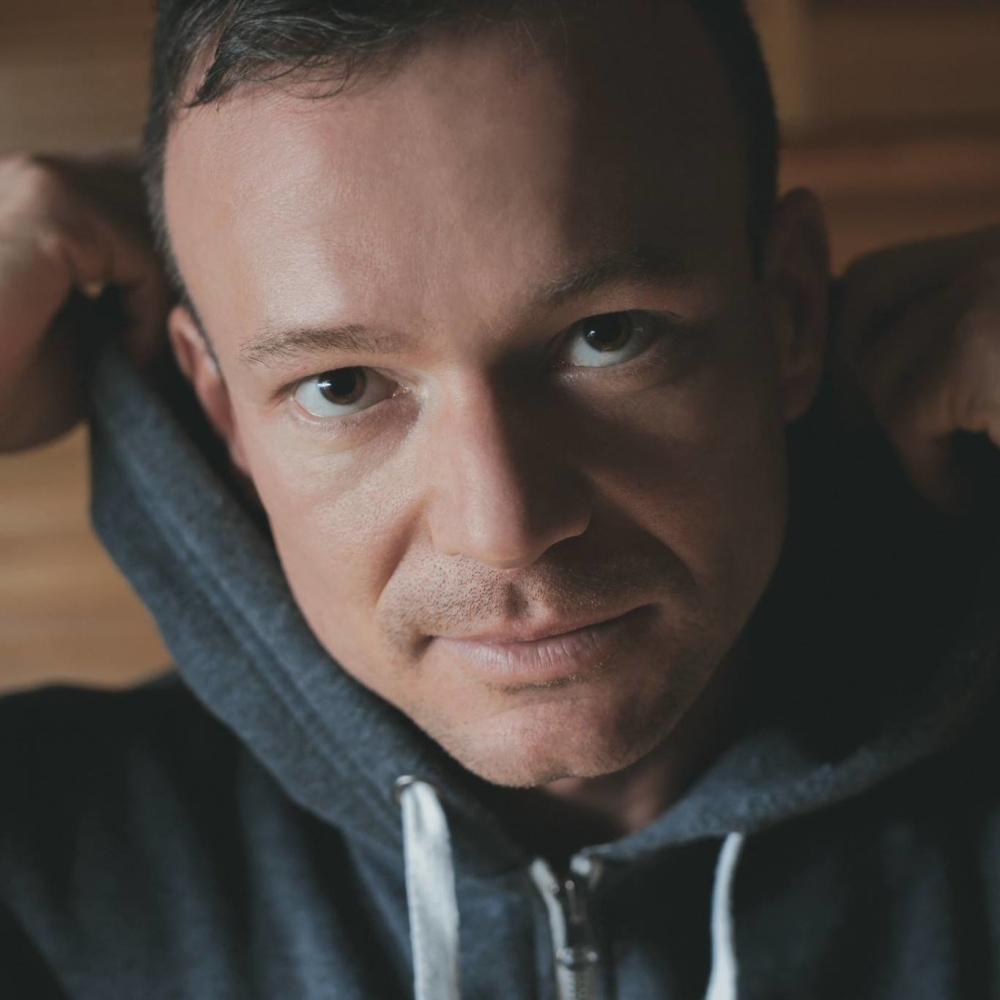
Electronic Groove: What can we expect from Daesmith for 2021? What are your next goals moving forward? Do you have any upcoming gigs lined up?
Daesmith: I would love to get back behind the decks on a regular basis, I incredibly miss it, so I am really hoping that clubs, restaurants, festivals will open within the next couple of months. I had two pending gigs before corona which were canceled twice because of the current situation, as far as I know, right now nobody really has gigs because clubs are closed indefinitely and no one really knows what to expect when (and if) they open again. I will continue my monthly live streams on Twitch.tv, will create mixes and podcasts. I am moving to a bigger flat next month where I will have my own dedicated studio so you can expect more productions throughout the year with the goal of sharpening my learning curve :).
Electronic Groove: Thank you so much for sitting down with us! We wish you the best going forward and hope you have a great year!
Daesmith: Thank you for the interview and for your good wishes, it is always a pleasure working with you. All the best for 2021, keep safe, Cheers.
Daesmith’s ‘Chatzensee’ is now available via Bach Music. Grab your copy here.
Follow Daesmith: Facebook | Instagram | Soundcloud | Spotify


